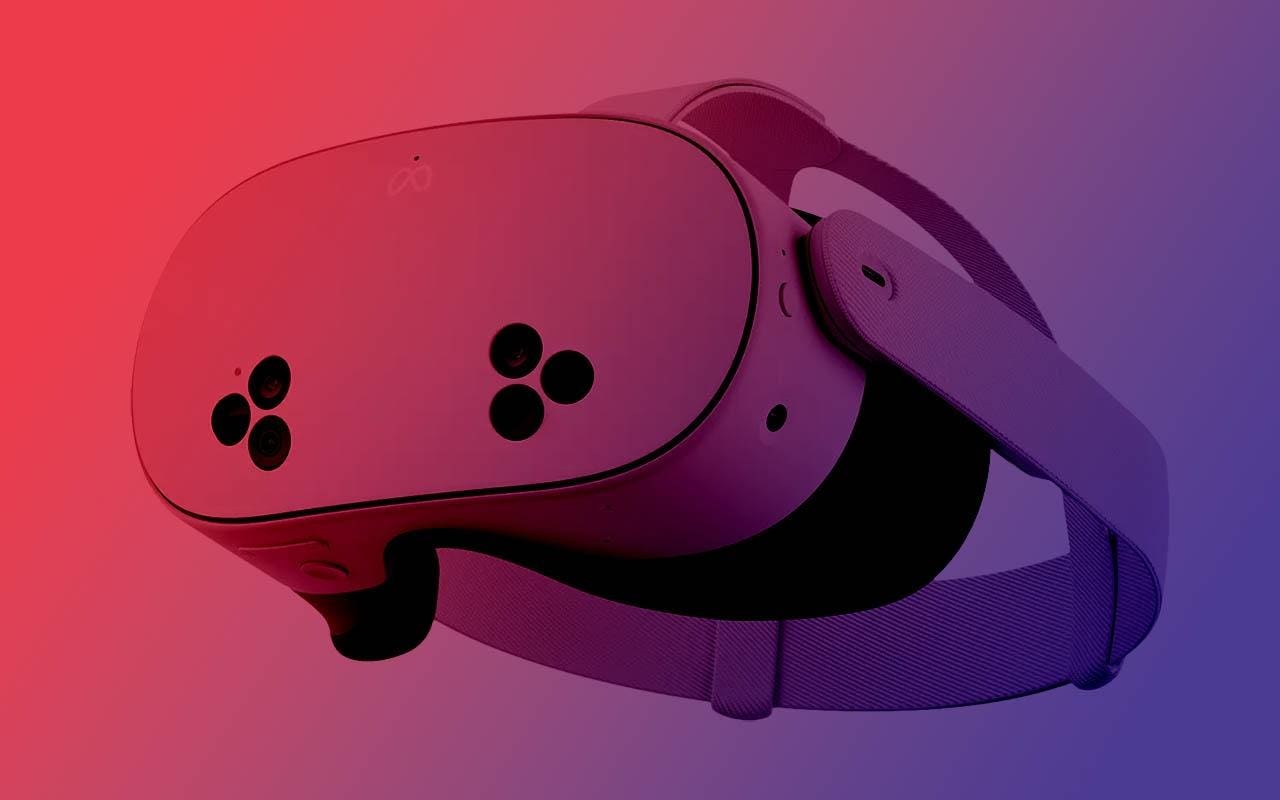Meta Quest 3S
The Meta Quest 3S is not doing its primary job of expanding the audience for VR, according to analyst data.
Game Developer writes data collated over the Christmas 2024 period, which brought a huge new wave of VR owners, suggests the Quest 3S has not substantially opened up the VR user base. Not yet, anyway.
The number of downloads of the Meta Quest app required to setup a Quest 3 or Quest 3S headset fell by 21% on Christmas Day 2024, compared to Christmas 2023.
While this is not concrete proof the Quest 3S is underperforming, it is as solid a suggestion as is available at present.
A graph from analyst firm Omdia shows the Christmas peaks of that app’s downloads, which were at their highest in late 2023 and — easily the top year — at the end of 2021.
Omdia app download data
The late 2023 peak can be attributed to the launch of the Quest 3, which was released in October that year. Meta’s Quest 3S arrived a year later at a substantially lower price, $299 to the Quest 3’s $499. That lower cost appears to have helped less than some might guess.
Quest 3S Versus Quest 2
This suggests a good chunk of the kind of buyer who made the Quest 2 so successful — it has sold more than 20 million headsets to date — has either already invested in a Quest 3 or may have lost interest in VR.
Meta conceded in 2023, a few months before the Quest 3 was announced, it has struggled to retain users after they have bought a Quest headset. This will make perfect sense to the many Quest owners out there who, love VR as they might, find they just end up often leaving their headset gathering dust for long stretches.
It’s not currently possible to make a headset with the sheer pick up and play/experience style of a game console or Steam Deck.
One possible route to growth is smart glasses. Meta has seen success with its Ray-Ban tie-in.
The Ray-Ban Meta can take videos, let you make calls or interact with the voice assistant. There’s no display, but rumours suggest a new pair with a heads-up screen may arrive later this year.
That is not much of a silver lining for those keen to see VR, rather than augmented reality lifestyle devices, flourish. Meta’s Reality Labs division, which is behind the Quest headsets and the wider Metaverse project, is estimated to have lost $58 billion since its formation in 2020.
